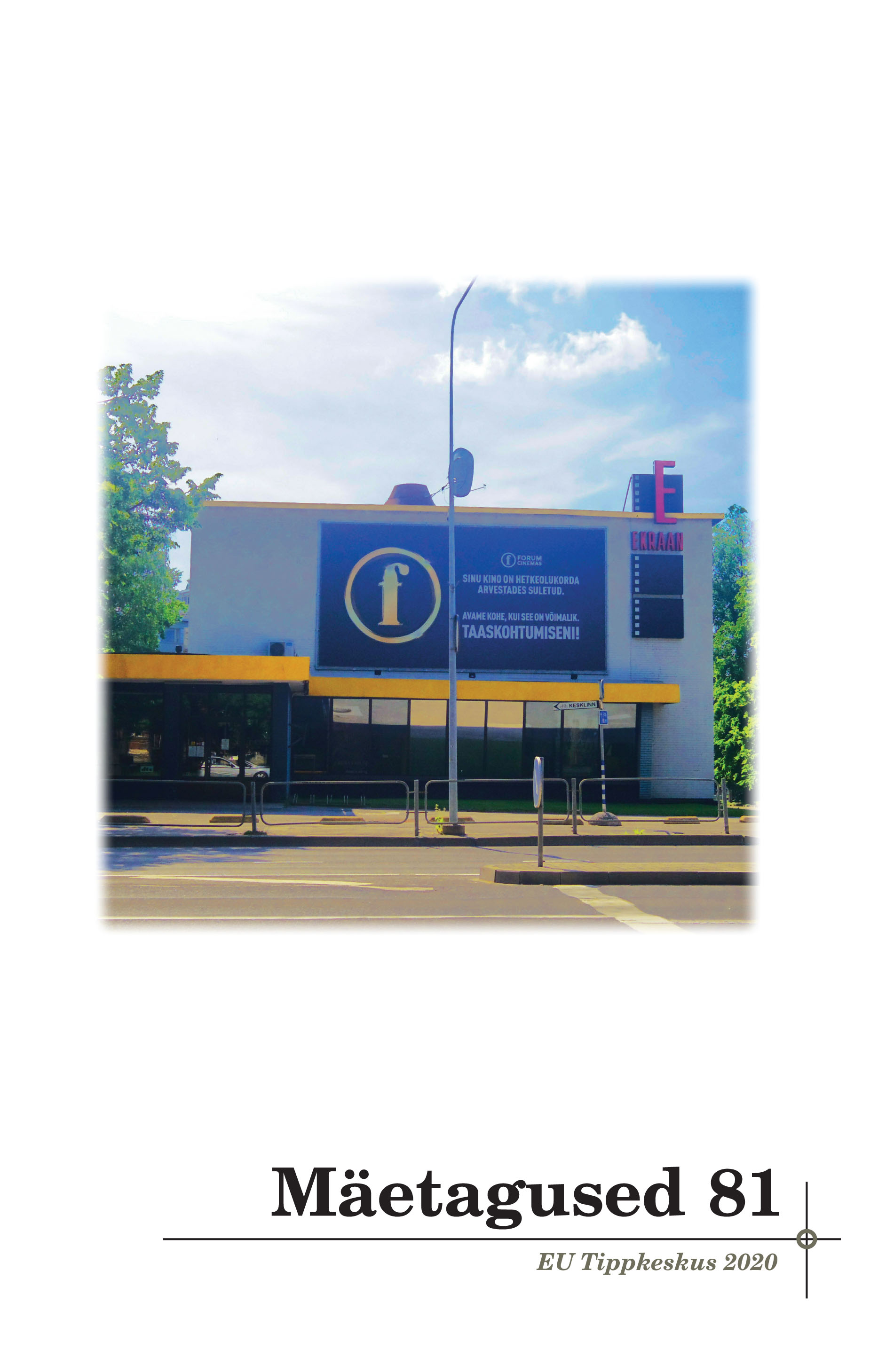Soolisustatud rahvuslus Lilli Suburgi (1841–1923) jutustuses “Liina” (1877)
Gendered nationalism in Lilli Suburg’s short story “Liina” (1877)
Author(s): Eve AnnukSubject(s): Customs / Folklore, Estonian Literature, Cultural Anthropology / Ethnology, Culture and social structure , Theory of Literature
Published by: Eesti Kirjandusmuuseum
Keywords: Estonian literature; feminism; Lilli Suburg (1841–1923); nationalism; 19th century;
Summary/Abstract: The article deals with the representation of nationalism in Lilli Suburg’s (1841–1923) short story “Liina” (1877). Lilli Suburg was a writer, journalist, pedagogue, and the first Estonian feminist. “Liina” is her most famous literary work, which also belongs among the most important works of early Estonian literature. “Liina” was published in two editions (1877, 1884) and was also translated into Finnish (1892). It is important in the context of Estonian national movement because it is a short story based on the central idea which emphasizes the importance of being Estonian. It became popular among readers and made the author famous. “Liina” is based on Suburg’s German-language diary, and it is an autobiographical short story about an Estonian peasant girl who struggles to remain Estonian. The national ideas represented in “Liina” emphasize the importance of remaining Estonian in an environment where social mobility rather implied Germanization. On the other hand, the national theme in “Liina” represents a gendered viewpoint. Suburg understood the woman as a national subject equal to the man and therefore the carrier of national ideas is a woman – the protagonist called Liina. The article deals with the representation of nationalism and gender in the short story and also with the context of the creation and reception of the work.
Journal: Mäetagused. Hüperajakiri
- Issue Year: 2021
- Issue No: 81
- Page Range: 45-64
- Page Count: 20
- Language: Estonian

